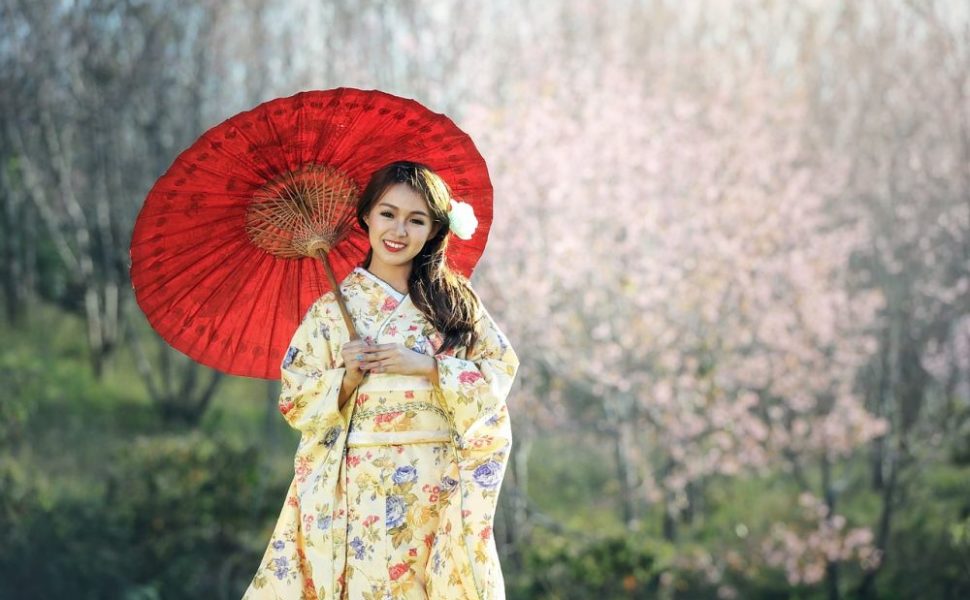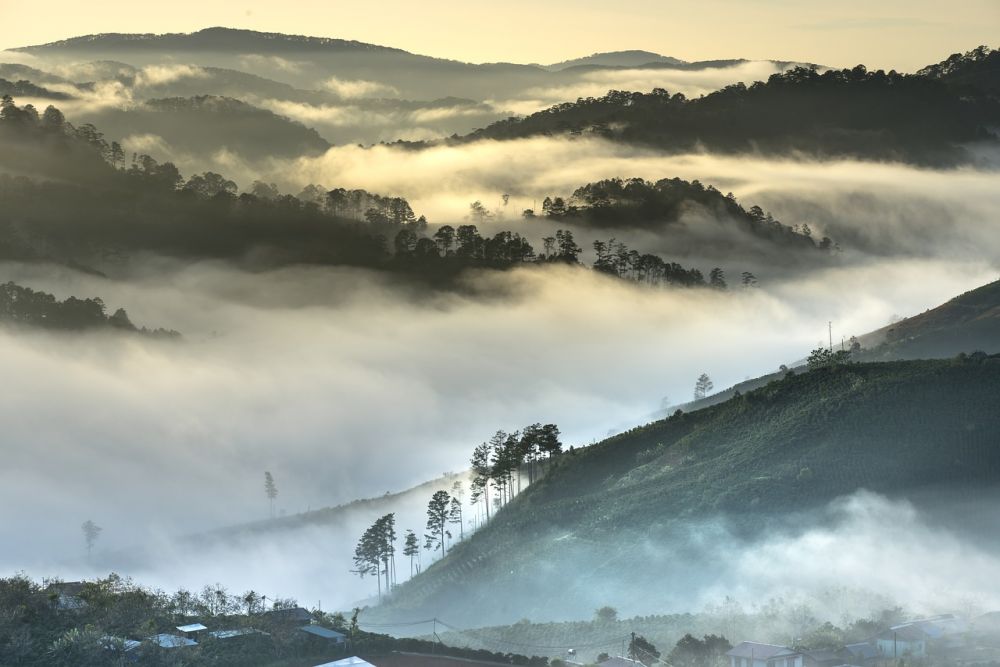Japan: The Land of Rich Culture, History, and Adventure

Introduction
Japan, an island nation located in East Asia, is a country that never ceases to amaze and captivate its visitors. With its unique blend of ancient traditions and modern advancements, Japan offers an unparalleled experience for travelers and adventure enthusiasts alike. In this article, we will delve into the rich history, cultural significance, and breathtaking attractions that make Japan a must-visit destination for anyone looking to embark on a truly unforgettable journey.
A Brief Historical Overview

To truly grasp the essence of Japan, one must understand its historical background. Japan’s history spans thousands of years, shaped by both internal developments and external influences. The nation’s early origins can be traced back to the Jomon period, where hunter-gatherer societies thrived. Over time, various dynasties ruled over the land, laying the foundation for the unique cultural heritage we witness today.
The period between the 16th and 19th centuries, known as the Edo period, marked a turning point in Japan’s history. During this time, the Tokugawa shogunate brought stability and isolationist policies, leading to rapid economic growth and the preservation of traditional Japanese arts and customs. It was during this era that the samurai, with their code of honor and warrior spirit, became prominent figures in Japanese society.
Fast forward to the late 19th century, Japan emerged from centuries of isolation and embarked on a path of modernization and Westernization. This transformative period saw the Meiji Restoration, where traditional feudal structures were dismantled, and Japan embraced industrialization, education, and military advancement. The nation’s rapid rise as a global power became evident during the early 20th century, culminating in its involvement in World War II.
Post-War Rebuilding and Modernization
After the devastation of World War II, Japan faced a great challenge to rebuild and reestablish itself as a nation. Through sheer determination, innovation, and discipline, Japan emerged as an economic powerhouse, known for its technological advancements and high-quality products. This era, often referred to as the “Japanese economic miracle,” witnessed unprecedented growth and played a crucial role in shaping Japan into the vibrant and dynamic country it is today.
Rich Cultural Heritage
Japan’s cultural heritage is deeply rooted in its traditions, arts, and customs. From the iconic tea ceremonies to the vibrant festivals, every aspect of Japanese culture reflects a profound appreciation for beauty, simplicity, and harmony. The Japanese reverence for nature is evident in their gardens, where meticulously arranged landscapes create a tranquil and serene atmosphere.
Bulletpoints in this section:
– Japan’s history spans thousands of years, influenced by both internal and external factors.
– The Edo period laid the foundation for Japanese cultural heritage, preserving traditional arts and customs.
– Japan’s modernization during the Meiji Restoration propelled its rise as a global power.
– Post-WWII, Japan experienced rapid economic growth, known as the “Japanese economic miracle.”
– Japanese culture emphasizes beauty, simplicity, and harmony, evident in tea ceremonies, festivals, and garden design.
Must-Visit Destinations in Japan
Japan offers a plethora of attractions for the intrepid traveler. Let’s explore some of the must-visit destinations that showcase the diversity and beauty of this enchanting country.
1. Tokyo The bustling metropolis of Tokyo is a perfect blend of tradition and modernity. Explore historical sites such as the Imperial Palace and Asakusa’s Senso-ji Temple, or immerse yourself in the vibrant nightlife of Shinjuku and Shibuya.
2. Kyoto Known for its countless temples, shrines, and traditional wooden houses, Kyoto is a city steeped in history. Experience the tranquility of the iconic Kinkaku-ji Temple (Golden Pavilion) or take a stroll through the enchanting Arashiyama Bamboo Grove.
3. Hiroshima A poignant reminder of the devastating impact of war, Hiroshima is now a symbol of peace and resilience. Visit the Peace Memorial Park and Museum to pay homage to the victims of the atomic bomb and witness the city’s remarkable rebirth.
4. Osaka Famous for its street food and vibrant nightlife, Osaka is a gastronomic paradise. Indulge in delicious local delicacies at Dotonbori, shop till you drop at Shinsaibashi, or experience the thrill of Universal Studios Japan.
5. Hokkaido For nature lovers and outdoor enthusiasts, Hokkaido offers stunning landscapes year-round. From the vibrant flower fields of Furano to the powdery slopes of Niseko, this northern island promises unforgettable adventures.
Bulletpoints in this section:
– Tokyo offers a blend of tradition and modernity, with historical sites and vibrant nightlife.
– Kyoto is known for its temples, shrines, and traditional wooden houses.
– Hiroshima serves as a symbol of peace and resilience, with the Peace Memorial Park and Museum.
– Osaka is a gastronomic paradise, famous for its street food and vibrant nightlife.
– Hokkaido offers stunning landscapes for outdoor enthusiasts, including flower fields and ski slopes.
Conclusion
Japan, with its rich history, vibrant culture, and breathtaking attractions, is a destination that promises an unforgettable experience for travelers yearning for adventure and cultural immersion. From the bustling streets of Tokyo to the serene temples of Kyoto, Japan’s unique blend of tradition and modernity will leave a lasting impression on anyone fortunate enough to explore this fascinating country.
So pack your bags, put on your adventurous spirit, and get ready to embark on an unforgettable journey through the land of the rising sun!
















































